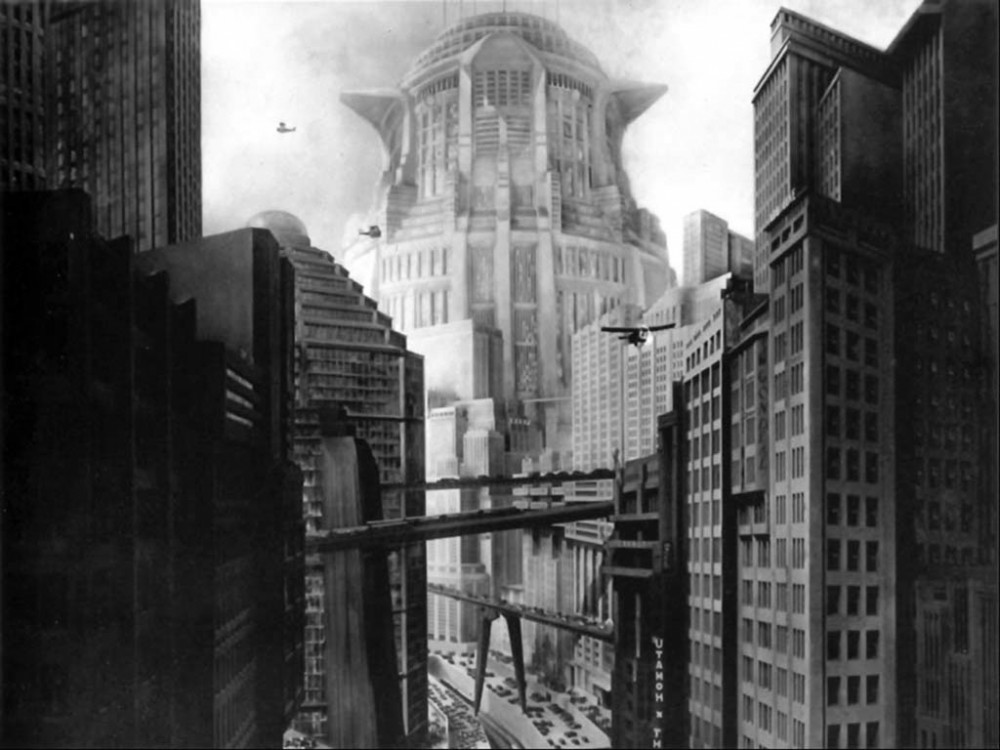Para paliar el aburrimiento hace falta dinero; mucho dinero, si se quiere alejar el fantasma del aburrimiento de una vez para siempre y alcanzar el «estado de felicidad». Desear es gratis; pero, para desear de forma realista y, de este modo, sentir el deseo como un estado placentero, hay que tener recursos. El seguro de salud no da remedios contra el aburrimiento. El dinero es el billete de ingreso para acceder a los lugares donde esos remedios se entregan (los grandes centros comerciales, parques de diversiones o gimnasios);
Pareciera que el "soma" de hoy es el dinero. Su ausencia causa infelicidad. Es imposible no pensar en Huxley y "Un mundo feliz", ya que muchas de las situaciones distópicas allí planteadas se van convirtiendo en realidad, muy rápidamente. El dinero es la "puerta de entrada a la felicidad" en el actual mundo capitalista, y es a la vez quien te mantiene drogado a través del consumo de infinitas cosas que son innecesarias para el ser humano, pero de las que somos cada vez más dependientes.
